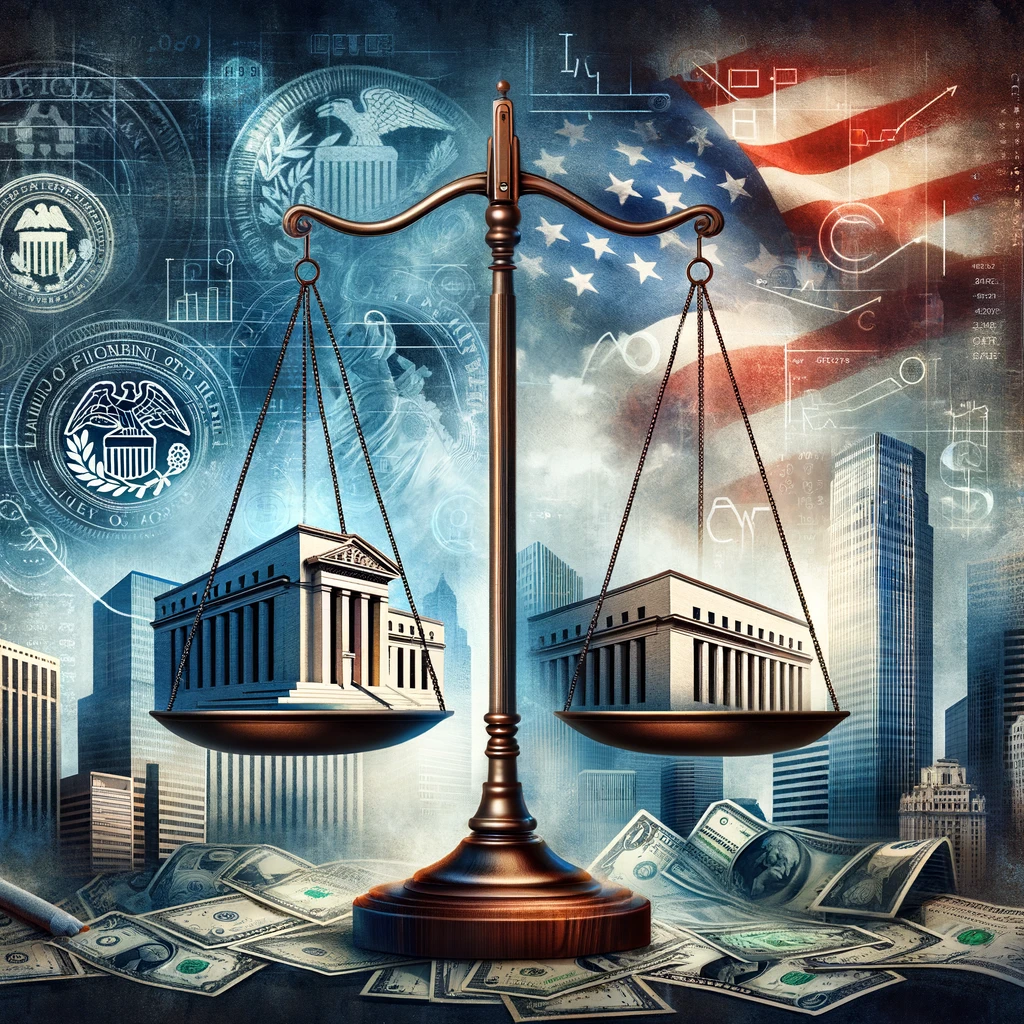Several of America’s largest banks, including JPMorgan Chase, Citibank, and Goldman Sachs, are considering legal action against the U.S. Federal Reserve. Spearheaded by Eugene Scalia, a prominent conservative trial lawyer.
The case against the Fed’s new cash reserve requirements
Under the representation of the Bank Policy Institute, the banks are challenging the Federal Reserve’s proposed rules requiring them to hold an additional 20% in cash reserves. This regulation is intended to bolster the banks’ ability to manage liquidity crises and prevent scenarios similar to the bank runs experienced a year ago. However, the banks argue that these rules are excessively stringent. Internal analyses suggest that the actual cash reserve requirement could effectively be as high as 30%, which they claim is unreasonable.
Eugene Scalia argues that the Federal Reserve must provide a more detailed justification for these new requirements. According to Scalia, the proposal fails to adequately explain the calibration of these requirements or justify the costs associated with them. This potential lawsuit against the Fed marks a departure from the traditional lobbying efforts typically employed by the banking industry, indicating a more confrontational approach to regulatory disagreements.
Impact on the banking sector and the economy
This legal confrontation comes at a time when banks across the United States are grappling with significant losses on bonds. While these bonds can be held until maturity, they pose a substantial risk in situations where banks require immediate liquidity. The Federal Deposit Insurance Corporation (FDIC) has reported unrealized securities losses in the banking system totaling approximately $684 billion, highlighting the precarious financial position of many institutions.
If the banks proceed with their lawsuit, it could set a historic precedent in the financial sector, altering the dynamics of regulatory compliance and oversight. The outcome of this potential legal battle could have far-reaching implications not only for the banks involved, particularly JPMorgan Chase, but also for the broader financial system and its regulatory framework.





